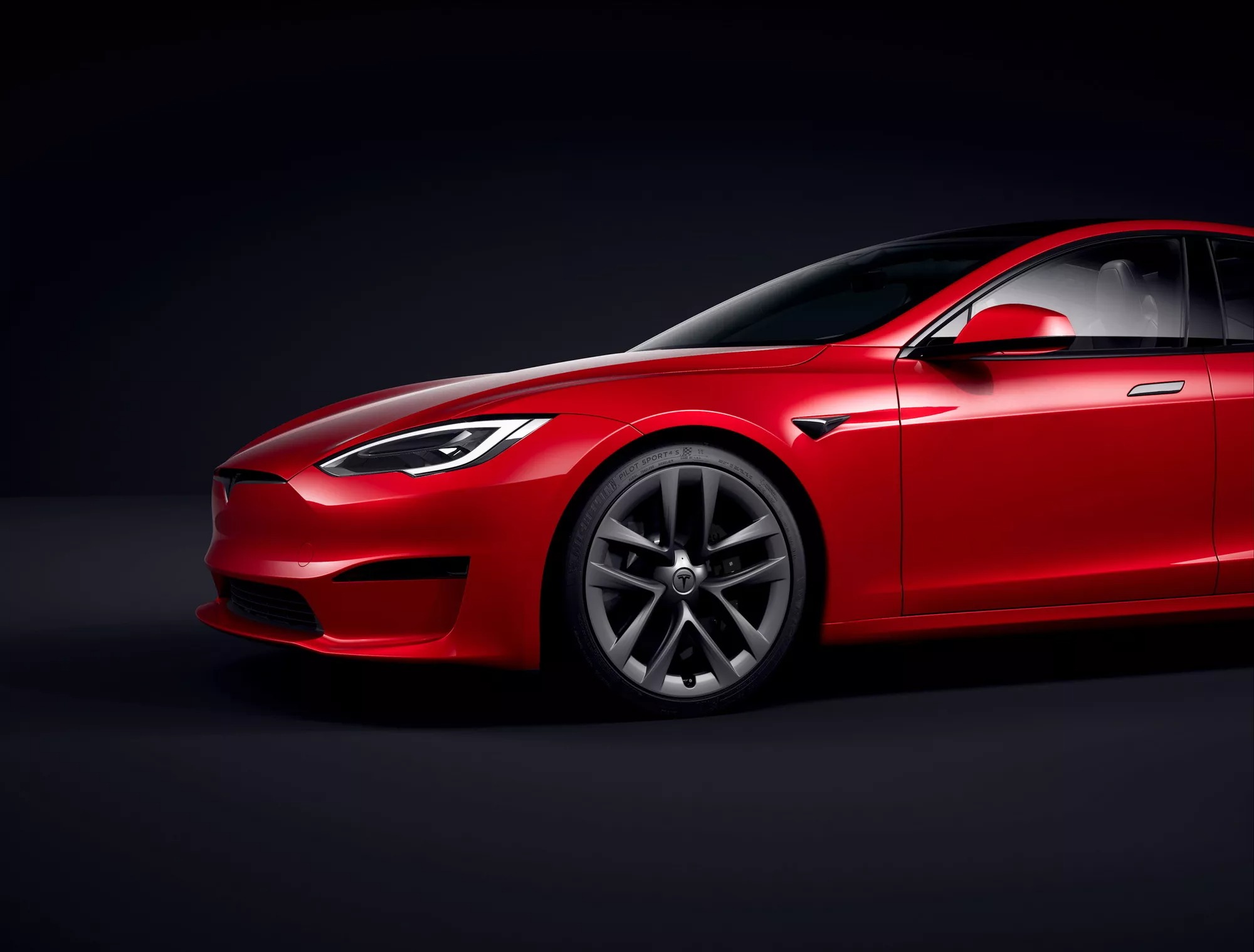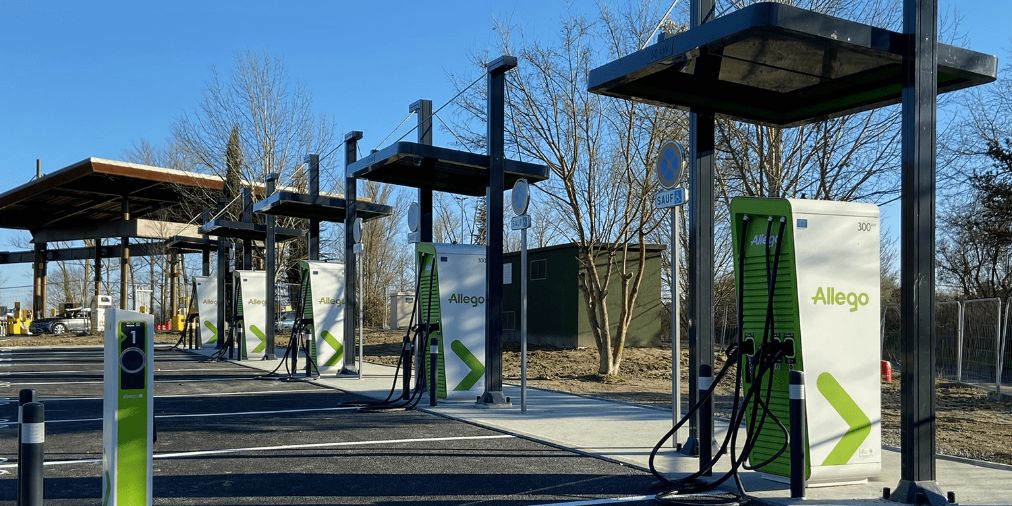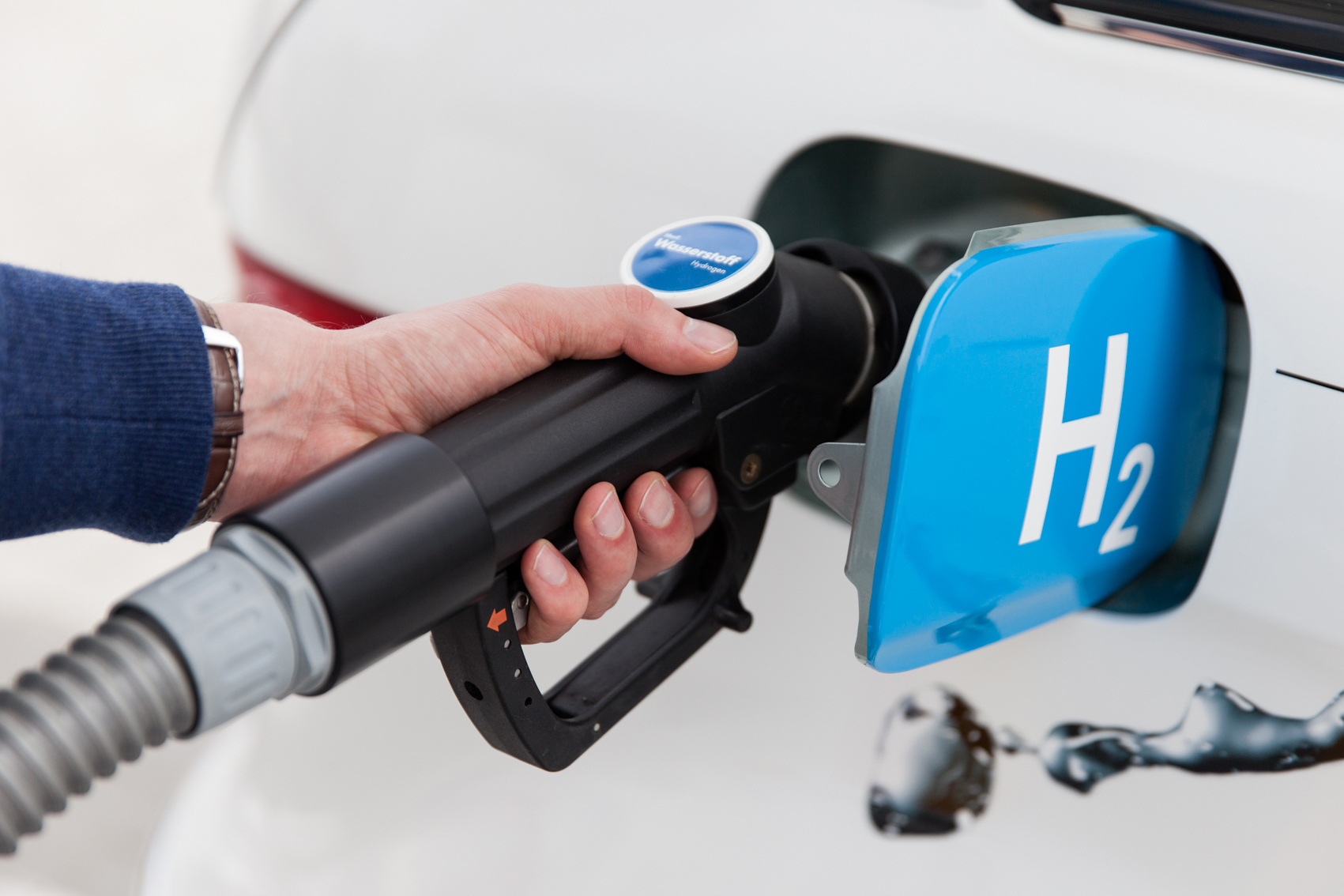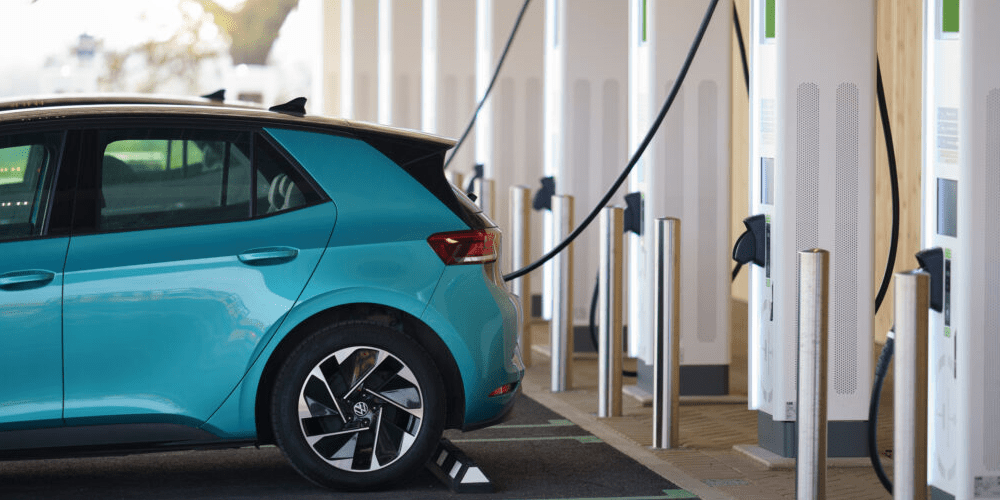Tesla’s Sentry Mode, which was introduced in February 2019, is a feature that allows the electric carmaker’s vehicles to record potential vandals and thieves who intend to damage the vehicle. However, the Dutch Data Protection Authority recently launched an investigation into the feature, citing concerns that it could infringe on people’s privacy.
The investigation was triggered by reports that many Teslas parked on the street were recording anyone who came near the vehicle, and that these images were being saved for a long time, regardless of their intentions. The agency noted that if every car were to do that, it could lead to a situation where no one could go anywhere in public without being watched.
See also: Tesla Releases New Software Update with Auto Steering Wheel Heat and Sentry Mode Lighting
The agency’s concerns were valid, as privacy is a fundamental right that must be protected. While Tesla has the right to develop and sell products that enhance the safety of its vehicles, it must do so without infringing on the privacy rights of individuals.
As a result of the investigation, Tesla made modifications to Sentry Mode. The changes include adding a flashing light to indicate when the car is recording and requiring owner permission before recording. Additionally, the footage is stored within the car and is not shared with Tesla, making the owner legally responsible for any improper filming.
While the modifications are a step in the right direction, it is unclear whether they will be implemented in other markets. As Tesla expands its global footprint, it must ensure that its products comply with the privacy laws and regulations of each country where it operates.
See also: Tesla recalls more than 321,000 EVs over rear light issue that’s fixed with OTA update
The issue of privacy in the automotive industry is not limited to Tesla. Many automakers are now integrating advanced technologies, such as cameras and sensors, into their vehicles to enhance safety and convenience. However, as these technologies become more prevalent, privacy concerns will inevitably arise.
Automakers must take a proactive approach to addressing these concerns by implementing robust privacy policies and procedures. This includes being transparent about the data collected, how it is used, and with whom it is shared.
Furthermore, automakers must ensure that their privacy policies and procedures comply with applicable laws and regulations. Failure to do so can result in significant fines, legal liability, and reputational harm.







